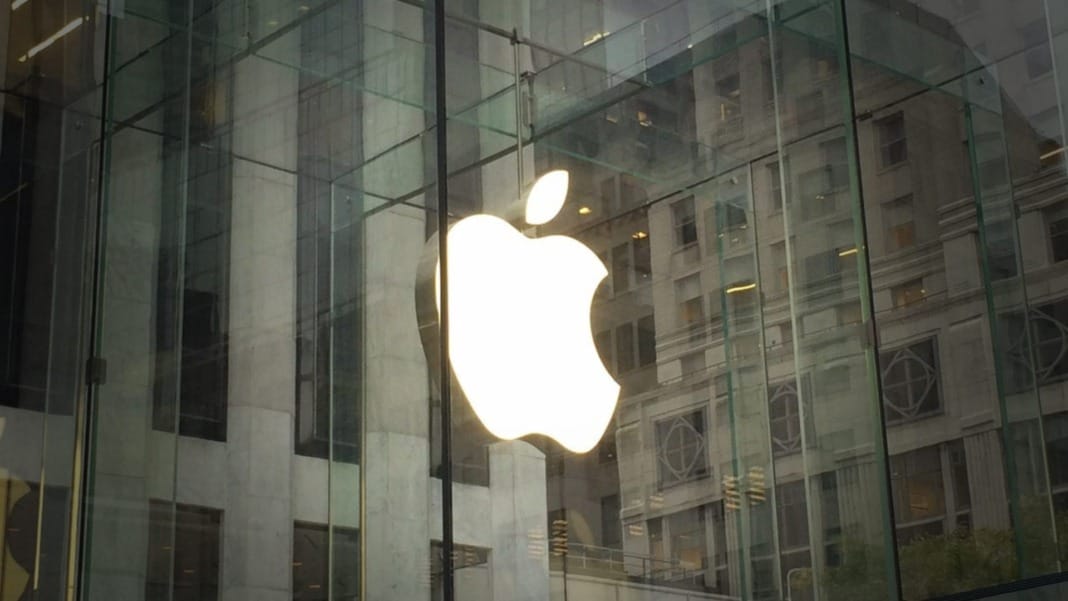Microsoft has announced plans to increase spending this fiscal year to build its AI infrastructure, even as growth in its cloud business slows down. This indicates that the return on significant investments in AI technology may take longer than Wall Street had anticipated.
Shares in Microsoft fell by 7% following the spending forecast but recovered slightly, trading down 4% after the bell on Tuesday. This came after Microsoft’s post-earnings call, which revealed that Azure cloud growth is expected to accelerate in the second half of fiscal 2025.
Heavy investments in AI
Big technology companies, including Microsoft, have invested billions of dollars in data centres to benefit from the generative AI boom. Last week, Google-parent Alphabet also warned that its capital spending would remain high for the rest of the year.
Microsoft’s capital spending rose by 77.6% to US$19 billion in the fiscal fourth quarter ending June 30, with cloud and AI-related expenses making up almost all of the expenditures. For the entire fiscal year 2024, capital spending totalled US$55.7 billion.
Amy Hood, Microsoft’s Group CFO, stated that this spending was essential to support the demand for AI services. The company invests in assets expected to be monetised over the next 15 years and beyond.
Despite these investments, investors who have boosted Microsoft’s stock by nearly 25% over the past year due to AI optimism were disappointed with the Azure growth figures. Microsoft predicted that Azure would grow by 28% to 29% on a constant currency basis in the July-September quarter, compared with estimates of 29.7% from Visible Alpha. This followed a 29% rise in the quarter ending June 30, below the 30.6% estimates and showing a slowdown from the previous three months.
Investor patience wears thin
“The street doesn’t have a lot of patience. They see you spending billions of dollars, and they want to see a pickup in revenue of that amount,” said Daniel Morgan, senior portfolio manager at Synovus Trust, which holds shares in Microsoft. “If these companies do not hit it out of the ballpark and are far better than the estimates, they will be knocked back,” he added.
While overall Azure growth slowed, AI services made up a more significant portion of the increase in revenue in the June quarter at eight percentage points, up from 7 percentage points in the previous quarter. Microsoft does not disclose the absolute revenue figure for Azure, which is the part of its business best positioned to capitalise on the growing interest in AI.
Microsoft CEO Satya Nadella announced that Azure AI is now used by more than 60,000 customers, up nearly 60% yearly, with the average spend per customer continuing to grow. Nadella has been driving the company to integrate AI into almost every product, from the search engine Bing to productivity software like Word.
Growth across business units
Large parts of Microsoft’s AI efforts have been supported by technology from OpenAI, in which Microsoft has invested about US$13 billion. This includes the 365 Copilot assistant for enterprises. The productivity business, which consists of the Office suite of apps, LinkedIn, and 365 Copilot, posted growth of 11%, exceeding expectations of 10%.
Revenue from Microsoft’s Intelligent Cloud unit, which includes the Azure cloud-computing platform, rose by 19% to US$28.5 billion in the fourth quarter, missing analysts’ estimates of US$28.68 billion, according to LSEG data.
Due to its broad business scope, Microsoft, often seen as a bellwether for the tech industry, reported that total revenue rose by 15% to US$64.7 billion in the fourth quarter. Analysts had expected US$64.39 billion, according to LSEG data.
The personal computing business, which includes Windows and devices like the Xbox and Surface computers, grew by 14% as Microsoft benefited from stabilising personal computer sales. According to research firm IDC, the PC market grew for the second straight quarter in the April-June period.





